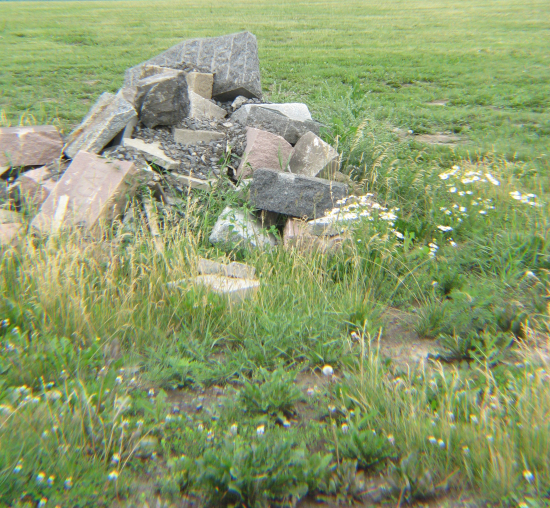

Religious cemetery grounds are controlled by a religious order and may be specially consecrated to make the grounds suitable for religious burial.Ĭemeteries are primarily responsible for the maintenance and sale of physical burial rights such as plots, crypts, or niches and the ongoing care for the cemetery grounds and facilities. Non-denominational, or secular, cemetery grounds are established by a cemetery authority and operate according to an internal set of rules and regulations. More specifically, a cemetery is a dedicated area of land, containing precise plot locations with clearly demarcated boundaries, whereas a burial ground may be less formally planned and defined. Cemeteries are widely regarded as sacred places that are entrusted with respectfully caring for deceased individuals, along with the preservation of shared history.

The property owner may petition the district court where an unknown or abandoned cemetery is located to remove the dedication for cemetery purposes, and the court shall then order the removal of the human remains from the cemetery to a perpetual care cemetery. Improvements to property that would disturb an unknown or abandoned cemetery may not be carried out until the remains are removed under a written order issued by the State Registrar or their designee under Section 711.004(f). ( Health and Safety Code, Section 711.035) Property is considered dedicated if one or more burials are present or a dedication of the property for cemetery use is recorded in the deed record. Once a property is dedicated for cemetery use, it cannot be used for any other purpose unless the dedication is removed by a district court or the cemetery is enjoined or abated as a nuisance. Dedication for UseĪ cemetery is a place that is used or intended to be used for interment, containing one or more graves, as defined in Section 711.001 of the Health and Safety Code. Berry Cemetery Assn., 250 S.W.2d 600, Tex. That person can, however, visit, ornament, and protect the graves from desecration even if he or she must cross private property to do so ( Gibson v. App.–Fort Worth 1920, writ ref’d).Ī living person who has relatives buried in a graveyard does not, by that fact, own the land or plots in which they are buried.

However, such property may be conveyed in fee simple as long as it is still used as a cemetery and the grantee continues to maintain the cemetery for the benefit of the public ( Barker v. Forest Lawn Lot Owners Assn., 254 S.W.2d 87, Tex. Property dedicated to cemetery purposes and used as a burial ground may not be sold in such a manner as to interfere with its use as a cemetery ( State v. Nonprofit corporations can establish, manage, maintain, improve, or operate a private cemetery, according to Section 711.021 of the Health and Safety Code.


 0 kommentar(er)
0 kommentar(er)
